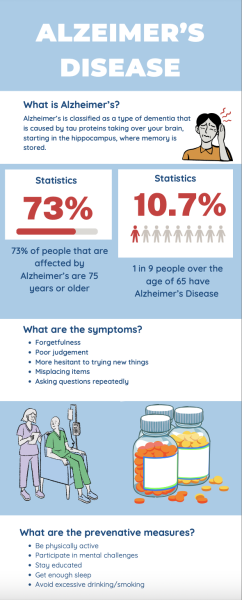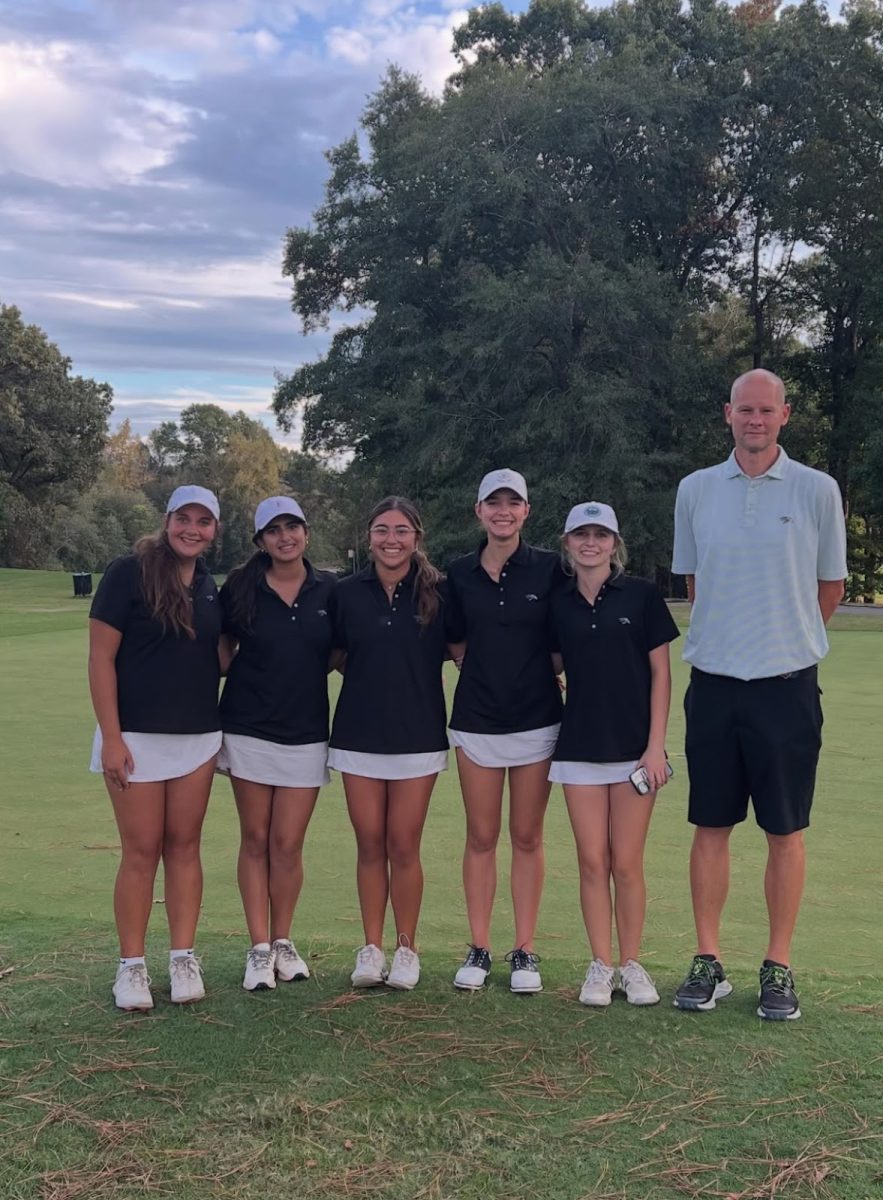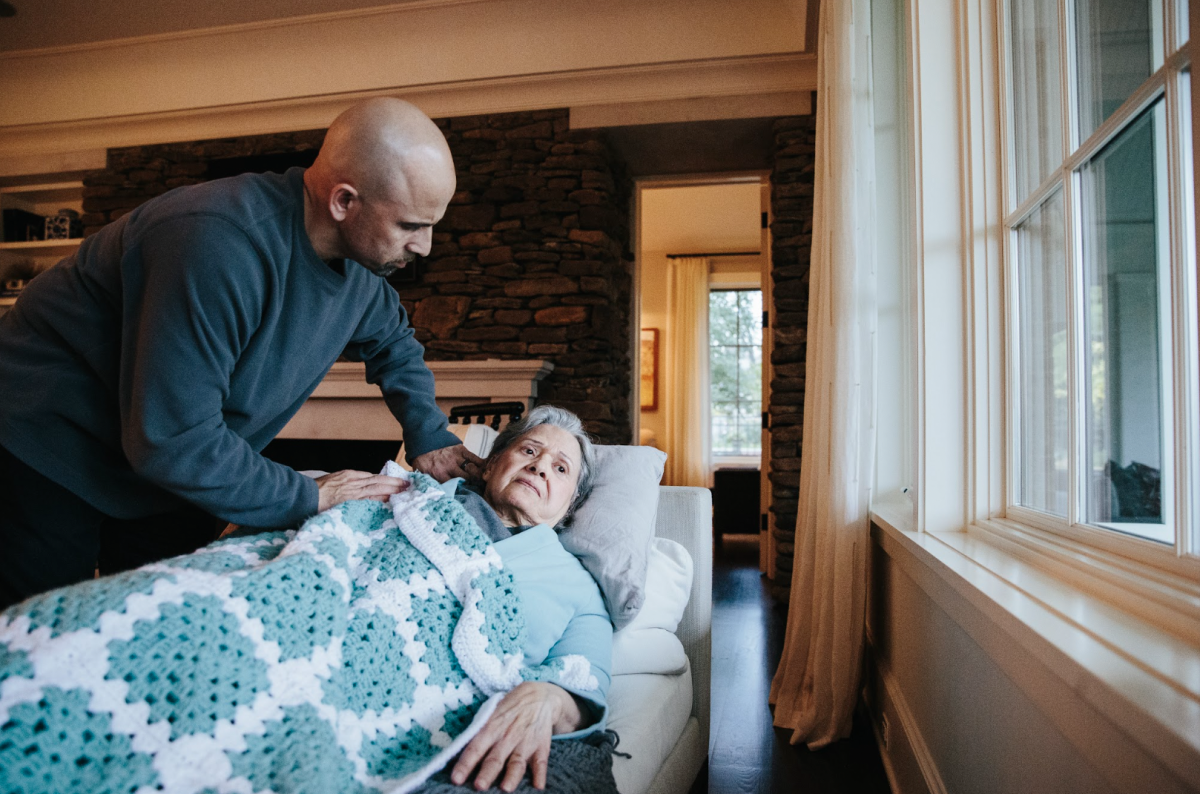Since 2000, deaths resulting from Alzheimer’s disease roughly doubled and it is now considered a a leading cause of death for Americans. The number of people diagnosed has grown from 6 million to 6.7 million in 2023. Alzheimer’s affects one in nine individuals over the age of 65, although diagnosis only occurs after death, as it is only identifiable through an autopsy.
As one of the most common forms of dementia, Alzheimer’s accounts for 60-80% of all dementia cases. Alzheimer’s has an uncertain life expectancy outlook for patients as some people may live for four to eight years after their prognosis while others may survive for up to twenty.
Green Hope biomedical technology and health science teacher Mrs. Ashley Davidson educates students on Alzheimer’s disease, a role she has held for over ten years.

“As a general overview, Alzheimer’s is a degenerative disease where tau proteins end up taking over your brain and decreasing the amount of surface area until your brain cannot communicate or send signals to other parts of your brain,” Mrs. Davidson said. Tau proteins are a stabilizing protein that helps the internal skeleton of neurons in the brain remain intact and in place. However, an influx of the protein can cause adverse impacts to health.
“The first part that tau proteins overtake is your hippocampus, which is where memory is held, and then it progresses through your brain and leaves people with a terminal prognosis,” she explained.
Although there is no cure, doctors often alleviate patient symptoms hat patients implement in their livesonce diagnosed. Mrs. Davidson also emphasized the importance of preventative measures, highlighting the benefits of regular doctor check-ups and maintaining a health lifestyle. “Make sure you live an active lifestyle and according to research make sure you are both mentally and physically exercising yourself. Having annual check-ups with your doctor to catch the disease early on will also improve your quality of life,” she said.
Currently, Alzheimer’s patients have the option of two drugs on the market, both from pharmaceuticals company Biogen. . Both the medications, aducanumab (Aduhelm™) and lecanemab (Leqembi®), were released in the past two years.
These medications utilize new technology as they act to remove beta-amyloids, a key peptide in Alzheimer’s disease, from the brain which reduces the decline of cognitive and functional actions in people living with early Alzheimer’s.
Aside from medical treatments and lifestyle modifications, Mrs. Davidson also discussed the benefits of having a dependable support system and involvement in support groups for Alzheimer’s patients. “Whether it may be family members or if you are truly alone, use the support groups and social workers within the hospitals. Surrounding yourself with people during this time is crucial,” she said.
Nonprofits like the Alzheimer’s Association, a national non-profit dedicated to funding medical research for dementia, provide various tools for those suffering including a help hotline, virtual plans for families dealing with this disease and local doctor’s offices geared towards Alzheimer’s treatment.
While there is no cure currently, doctors, scientists, and neurologists strive for improved treatment options against Alzheimer’s.














































































